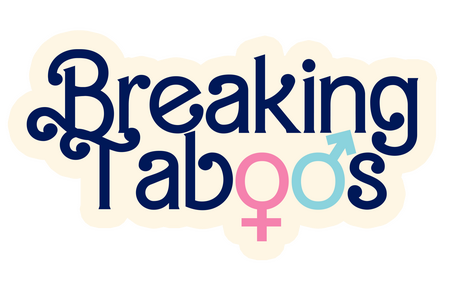Agender
A person who does not identify with any gender.
Androgynous
Having a gender expression that is both masculine and feminine, or neither.
Aromantic
A person who experiences little or no romantic attraction to others.
Bigender
A person who identifies as having two genders, either simultaneously or switching between them.
Cisgender
The prefix cis- means "on this side of" or "not across." A term used to call attention to the privilege of people who are not transgender.
Transgender
Used most often as an umbrella term, some commonly held definitions: 1. Someone whose gender identity or expression does not fit (dominant-group social constructs of) assigned birth sex and gender. 2. A gender outside of the man/woman binary. 3. Having no gender or multiple genders.
Intersex
People who, without medical intervention, develop primary or secondary sex characteristics that do not fit “neatly” into society’s definitions of male or female. Intersex people are relatively common, although society’s denial of their existence has allowed very little room for intersex issues to be discussed publicly.
Specific Terms
These are the most detailed and narrow in scope. They describe particular identities, behaviors, or phenomena within the broader categories defined by general and intermediate terms. These terms provide precise information about specific aspects or subsets of a subject.
Internalized Homophobia
The fear and self-hate of one’s own LGBBTQIA identity, that occurs for many individuals who have learned negative ideas about LGBTQIA+ people throughout childhood. One form of internalized oppression is the acceptance of the myths and stereotypes applied to the oppressed group.
Transphobia
The fear or hatred of transgender people or people who do not meet society’s gender role expectations.
Coming Out
Refers to voluntarily making public one's sexual orientation and/or gender identity.
Ally
A person who confronts heterosexism, sexism, homophobia, biphobia, transphobia, and heterosexual privilege in themselves and others out of concern for the well-being of LGBTQIA+ people.
Heterosexism
The assumption that all people are or should be heterosexual.
Homophobia
The irrational hatred and fear of LGBTQIA+ people.
LGBTQIA+
An umbrella term used to refer to the community as a whole.
Crossdresser
A word to describe a person who dresses, at least partially, as a member of a gender other than their assigned sex; carries no implications of sexual orientation.
Misgender
Referring to someone using a word, especially a pronoun or form of address, that does not correctly reflect the gender with which they identify.
Neopronouns
New (neo) pronouns used in place of "she," "he," or "they" to reflect gender identities outside the binary. Examples include "ze/hir" and "xe/xem."
Queerbaiting
A marketing technique in which creators hint at, but then do not actually depict, same-sex romance or LGBTQIA+ representation.
Polyamory
The practice of, or desire for, intimate relationships with more than one partner, with the informed consent of all partners involved.
